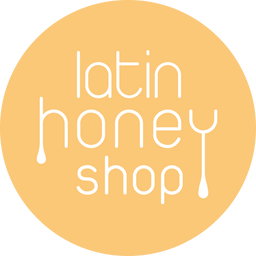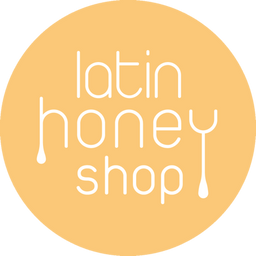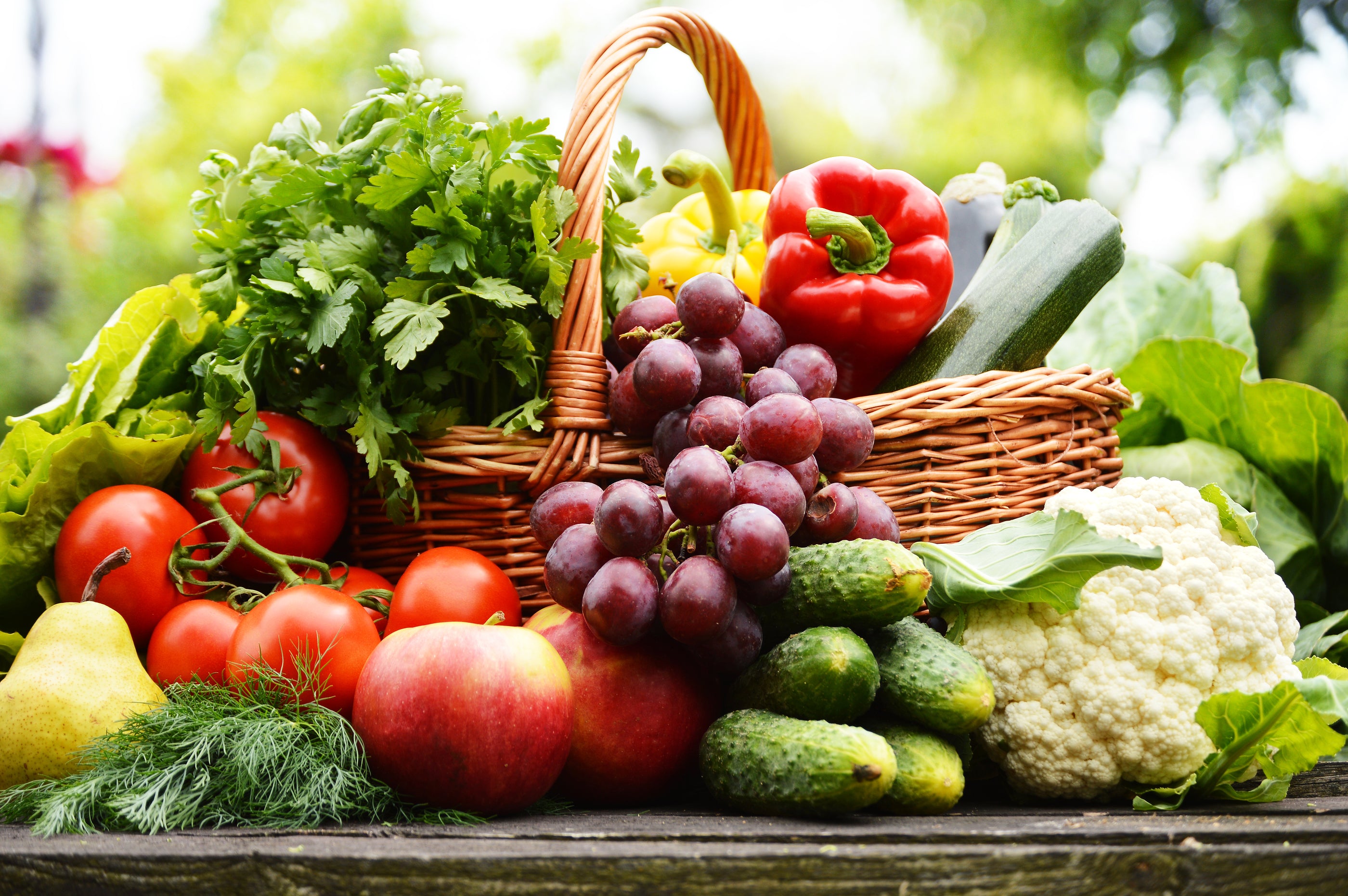
"Organic is just a marketing gimmick to charge people higher prices."
Have you ever heard someone say that?
In the modern world where consumers are bombarded with hundreds of marketing messages a day, it is easy to dismiss "organic" as just another trick to make you spend your money.
Or is it?
- What is organic food?
- How is organic food regulated?
- Is "organic" just a word anyone can attach to a label?
- What makes honey organic?
- Are there actually any health benefits to eating organic food?
In this short article we will explore the answers to these questions.
What is organic food?

Organic food is the product of a farming system which avoids the use of man-made fertilisers, pesticides; growth regulators and livestock feed additives.
In other words, organic food is food that can be guaranteed free of chemical contamination at any point from its production all the way until it ends up in the consumer's kitchen.
There are very strict standards and regulations which must be adhered to by any producer of organic food.
These standards are detailed in the European Organic Regulations EC 834/2007 and UK Organic Food Products Regulations 2009.
The standards impose strict requirements on organic food producers for production, record keeping, labelling, marketing, and an inspection and certification system.
Food producers need to pay to be audited by organic control bodies. This is why organic food is more expensive than other food.
How is organic food regulated?

Organic Food Federation GB-ORG-04
Food can only be labelled and marketed as organic if the food producer is regulated by an independent organic control body authorised by the EU.
In the UK there are nine such control bodies including the Organic Food Federation GB-ORG-04, Soil Association GB-ORG-05 and Organic Farmers and Growers GB-ORG-02.
The Latin Honey Shop is regulated by the Organic Food Federation GB-ORG-04, which is why this code appears on the labels of all of our organic honeys.
Is "organic" just a word anyone can attach to a label?

Food Standards Agency UK
In the UK it is a criminal offence under the Food Safety Act 1990 to falsely label food as organic in the EU that has not been regulated by an EU-approved organic control body. This offence is punishable by up to two years in prison and an unlimited fine.
In other words, if a UK company gets a product and labels it as "organic" when they have not been regulated by one of the UK's nine organic control bodies, the producer or seller of this product can be prosecuted and punished with a prison sentence of up to two years in prison.
What makes honey organic?
Under the directive EU 834/2007, honey can only be labelled as organic if the producer of the honey is approved by an EU-approved control body.
This control body has to independently inspect the production, processing and storage facilities of the honey producer. This includes the beehives.
Bee hives of our Raw Organic Rivera Gum Honey, Rivera, Uruguay
Under EU law, for honey to be certified as organic there must be a 3km "exclusion zone" radius around each beehive where there are no chemicals, no artificial pesticides or artificial fertilisers and no pollutants.
In practice this also means that there are no houses, roads and factories within a 3km radius of the beehive where the plants that the bees feed on could possibly be contaminated by chemicals.
This is why it is virtually impossible to buy English organic honey. The UK simply does not have many areas in which the flowers are free of chemicals and pollutants for a 3km radius.
Spain and Greece are some of the European countries where it is possible to buy organic honey.
The organic honey sold by the Latin Honey Shop comes from vast mountains, forests and plains in Latin America that are many kilometres away from civilisation.
For example, our Raw Organic Rainforest Honey from Brazil comes from the Santa Catarina rainforest which is 40 times the size of London!

Santa Catarina rainforest, Brazil, origin of our Raw Organic Rainforest Honey
Are there actually any health benefits to eating organic food?
Organic food is tastier than non-organic food. Try tasting a teaspoon of organic honey and compare it with a spoon of supermarket honey if you are not convinced!
As well as tasting better and more natural, the benefits of eating organic food come more from what you are preventing from entering your body, rather than any secret ingredient inside organic food.
There are several scientific studies to show that organically grown crops do not contain toxic substances or chemicals that can be harmful to human health.
For example, a 2014 study in the British Journal of Nutrition found that organically grown crops were 48% less likely to test positive for cadmium, a toxic heavy metal that accumulates in the liver and kidneys.

A 2012 study in the Scientific World Journal found that artificial pesticides, antibiotics or heavy metal contaminants found in commercially produced non-organic honey may pose serious health hazards to humans.
References:
1. Baranski et al, Higher antioxidant and lower cadmium concentrations and lower incidence of pesticide residues in organically grown crops: a systematic literature review and meta-analyses, British Journal of Nutrition, 2014 Sep 14; 112(5): 794–811.
2. Al-Waili et al, Antibiotic, Pesticide, and Microbial Contaminants of Honey: Human Health Hazards, Scientific World Journal. 2012; 2012: 930849




